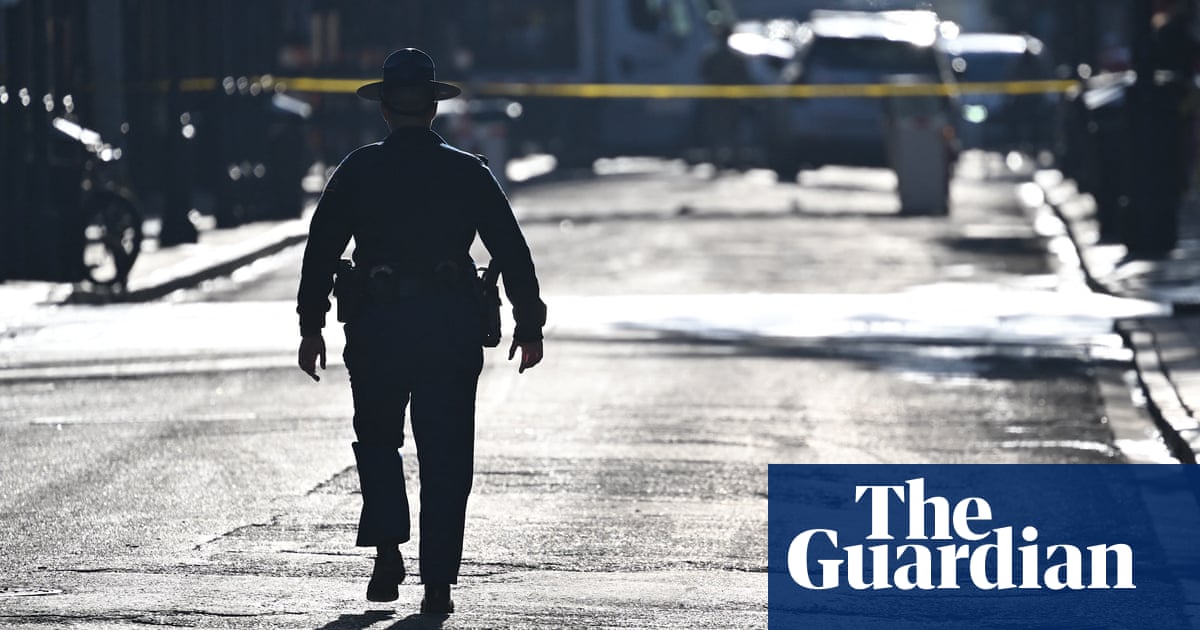
The World Anti-Doping Agency (WADA) finds itself in a precarious situation following the US government’s failure to provide a crucial $3.6 million contribution by the December 31, 2024, deadline. In light of this development, WADA has declared that representatives from the US will no longer have the ability to serve on its foundation board or executive committee.
This funding dilemma arises from ongoing tensions between WADA and the US Anti-Doping Agency (USADA). The conflict intensified after WADA’s controversial decision to allow 23 Chinese swimmers, who tested positive for a banned substance, to compete in the Tokyo 2021 Olympics. USADA CEO Travis Tygart has voiced support for the US government’s actions, citing a significant lack of transparency and accountability within WADA’s leadership.
In response, WADA has dismissed Tygart’s allegations as unfounded and politically charged. An independent investigation into the Chinese swimmers’ situation criticized WADA’s management but ultimately cleared the organization of bias. As the funding crisis looms, it is anticipated that the situation could deteriorate further in 2025, particularly with the incoming US President Donald Trump unlikely to overturn the Biden administration’s stance.
This funding impasse illustrates a serious divide between WADA and the US, especially as the nation prepares to host several major international sporting events. Both parties will need to strive for reconciliation; however, without meaningful reforms within WADA, it seems improbable that the US’s position will shift. In response to these unfolding events, the federal government has mobilized customs officials and FBI agents to tackle doping issues more aggressively. Nevertheless, WADA has expressed concerns regarding the employment of undercover agents for doping investigations. USADA contends that a strategy based on intelligence-driven enforcement would yield more effective results than relying solely on sample testing.



